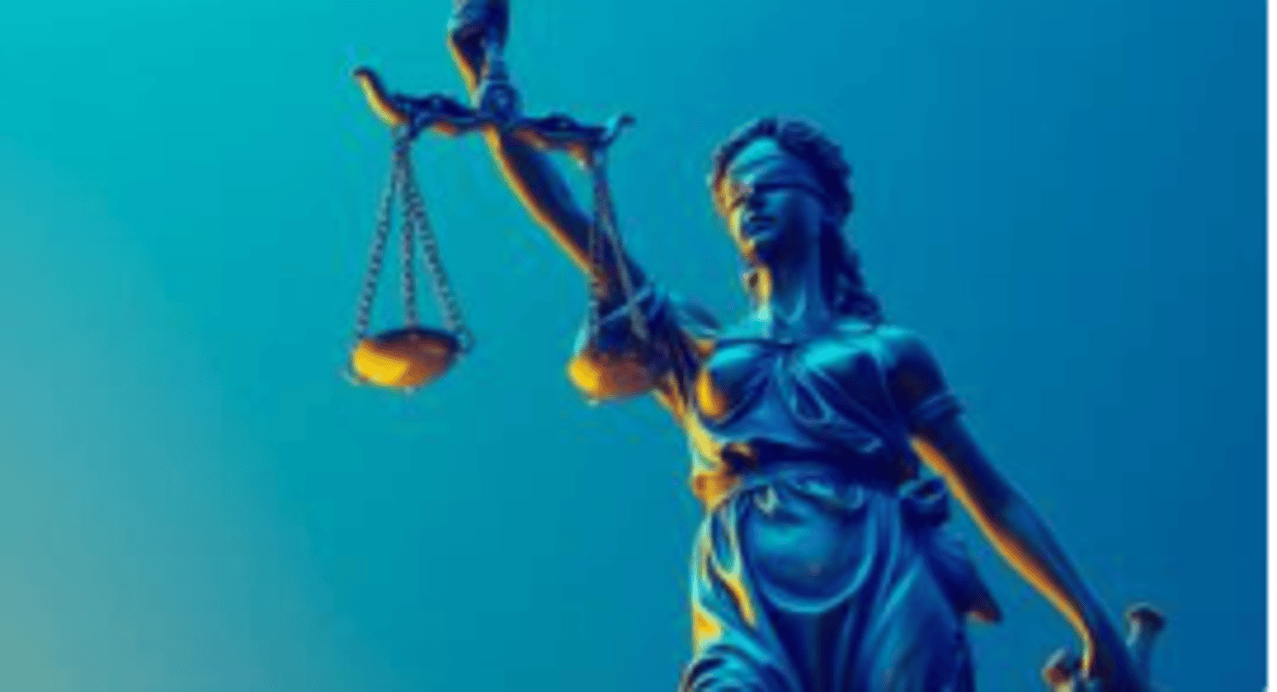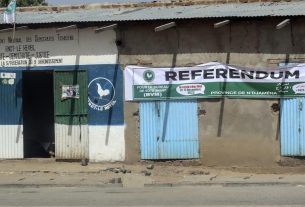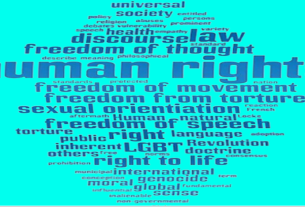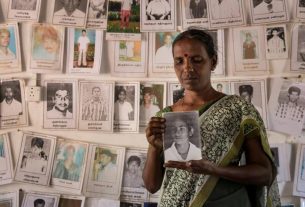In a significant yet controversial decision, a Zimbabwe court has suspended the sentences of Jameson Timba, the interim leader of the opposition Citizens Coalition for Change (CCC), and 34 of his supporters. These individuals had been arrested in June 2024 for participating in an unlawful gathering, marking the latest chapter in the ongoing political tension and crackdown on dissent in Zimbabwe.
Timba and his supporters were originally sentenced to two years in prison, but their sentences were suspended by Magistrate Collet Ncube on Wednesday, November 27, 2024. The court ruled that the sentences would be fully suspended for five years, provided they did not commit any similar offenses in that period. The group was arrested under the charge of gathering with the intent to promote violence, though many critics argue that these charges are politically motivated.
The move has sparked mixed reactions from human rights groups, opposition leaders, and legal experts, who continue to raise concerns about the shrinking democratic space in Zimbabwe and the increasing criminalization of political activity.
A Closer Look at the Events Leading to the Arrests
The arrests of Timba and his supporters were part of a larger crackdown against opposition figures leading up to a summit of the Southern African Development Community (SADC) in Harare in July 2024. Approximately 160 opposition figures and activists were rounded up in the days preceding the summit, with many arrested for their participation in peaceful gatherings or activities perceived as anti-government.
The group had gathered on June 16, 2024, at Timba’s home to commemorate the Day of the African Child, a significant date in African history when children in South Africa were massacred during the apartheid era. The opposition leaders had hoped to use the day to reflect on the struggles of youth and to push for greater political change. However, the Zimbabwean authorities branded the gathering as an unlawful assembly intended to incite violence, leading to the arrests.
The Court’s Ruling: A Strategic Move or a Political Calculation?
Magistrate Ncube’s decision to suspend the sentences of Timba and his supporters was seen by some as a concession in response to international pressure, while others view it as a tactic to quell the growing unrest without backing down on the government’s broader strategy of silencing dissent. The legal team representing the activists expressed dissatisfaction with the judgment, stating that while the suspension was a victory, it did not absolve the political nature of the charges brought against them.
Takunda Jacob, a lawyer from Zimbabwe Lawyers for Human Rights, who represented the detainees, expressed frustration, remarking that one of the women in the group, who had suffered serious injuries during the arrest, would remain in custody until she is medically fit to stand trial. His comments reflect broader concerns about the fairness of the judicial process in the country.
“We await further instructions from clients; if they wish, we will appeal against the judgment. We are not pleased with the ruling,” said Jacob.
The ruling has also triggered a response from Daniel Molokele, a prominent human rights lawyer and opposition legislator, who emphasized the need for a space where opposition groups can freely express their political views. Molokele criticized the criminalization of political rights, which he argued were being used to suppress democracy. He further stated that the actions of the Zimbabwean government represented an assault on the freedom of speech and peaceful assembly, fundamental rights enshrined in international law.
“It is indeed a very sad day because what we have here are people expressing their political rights and getting criminalized for doing so,” Molokele said.
Political Context: The Erosion of Democratic Space
The ruling on Timba and his supporters highlights the broader issue of political repression in Zimbabwe, particularly under the leadership of President Emmerson Mnangagwa. Mnangagwa, who took office in 2017 after the ousting of long-time ruler Robert Mugabe, has often claimed that his administration is committed to human rights and democratic reforms. However, the reality on the ground tells a different story.
Since Mnangagwa’s rise to power, opposition leaders, human rights defenders, and activists have faced growing persecution, with many citing an increasingly hostile environment for political opposition. The government has frequently used the courts and police to suppress dissent, labeling opposition activity as unlawful or treasonous.
The crackdown on Timba and his supporters is part of a broader trend of “political criminalization”, where opposition figures are arrested, tried, and convicted for expressing dissent. This tactic undermines the democratic fabric of Zimbabwe, as opposition members and citizens are denied the basic freedoms to organize and speak freely.
In a statement, Makomborero Haruzivishe, a student activist and vocal critic of the government, condemned the convictions, noting the significance of the Day of the African Child and the manner in which it was hijacked for political purposes. Haruzivishe accused the government of undermining Zimbabwe’s collective political conscience and justice system, pointing out that Timba’s arrest for offering young people a space to commemorate a historical event was both a violation of political rights and an attack on youth activism.
International Reactions and Calls for Reform
The court’s decision has drawn responses from various international organizations, with human rights groups such as Amnesty International and the United Nations raising concerns about the treatment of opposition figures and the continued erosion of democratic freedoms in Zimbabwe. Both groups have urged the Zimbabwean government to respect the right to peaceful assembly and to halt the criminalization of opposition activities.
Amnesty International condemned the imprisonment of Timba and other opposition figures, calling it a politically motivated attempt to silence dissent ahead of key national events. Similarly, the United Nations Human Rights Council has consistently expressed concern over Zimbabwe’s failure to uphold international human rights standards.
Zimbabwe’s recent legal and political developments highlight a critical juncture in the country’s democratic trajectory. The ruling in Timba’s case underscores the ongoing struggle for civil liberties in Zimbabwe and the importance of international pressure in encouraging the government to respect human rights and political freedoms.
What Lies Ahead for Zimbabwe’s Opposition?
As the dust settles following the court’s ruling, the path forward for Zimbabwe’s opposition remains uncertain. While the suspended sentences offer a temporary reprieve, the political environment continues to be deeply repressive. With President Mnangagwa’s ZANU-PF party maintaining control of the government, opposition groups are left to navigate a challenging landscape where the stakes for dissent are high.
Calls for reform, increased political tolerance, and the restoration of civil liberties are likely to continue to resonate both within Zimbabwe and internationally. The future of opposition politics in Zimbabwe will depend on whether these calls are heeded and whether a genuine commitment to democratic reform can emerge from the current political climate.
Ultimately, the arrest, trial, and suspension of sentences for Timba and his supporters symbolize a larger struggle for democratic rights in Zimbabwe. As the nation grapples with its political future, it is clear that the road to freedom of expression, fair political competition, and respect for human rights will be long and fraught with obstacles.
Conclusion: A Reflection of Zimbabwe’s Political Challenges
The case of Jameson Timba and his supporters highlights the extent to which Zimbabwe is still grappling with its democratic future. While the suspension of sentences offers hope to those involved, the broader reality of political repression in the country remains a significant challenge. The international community’s response, alongside ongoing domestic efforts by opposition groups and human rights defenders, will be critical in shaping Zimbabwe’s path toward a more open, democratic society.
As Zimbabwe’s political climate continues to evolve, the fight for political freedom and human rights remains an essential cause for the nation’s citizens, and for the international community at large.



